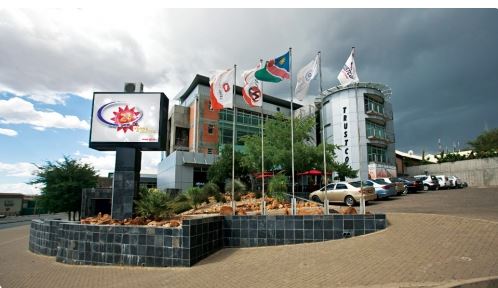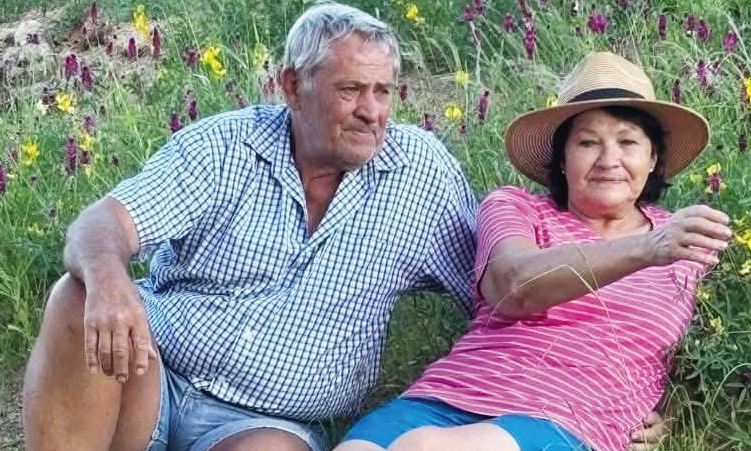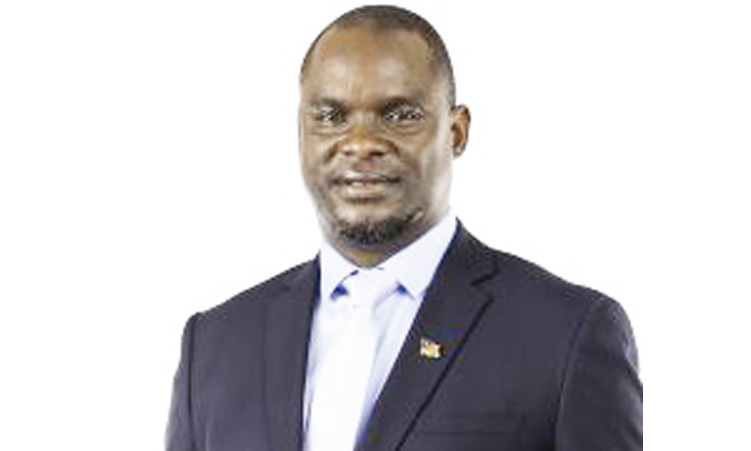NAIROBI – More than a year after a stray police bullet tore through his chest, paralysing him from the waist down, George Ifedha winces in pain from bed sores that have been left to fester.
Ifedha’s neighbours carefully peel away the newspaper covering his oozing wound, releasing the stench of rotting flesh that then fills his home in Nairobi’s teeming Kibera slum.’My back is completely rotten, my legs are completely dead,’ Ifedha, 23, said. ‘I am worried all the time because in Kibera houses get burnt down every day and if something happens and my sister and mother are gone, there is no one to help me.’Ifedha is one of thousands of Kenyans who were injured in ethnically tinged violence triggered by a disputed December 2007 election and are still waiting for medical attention.’It’s not only him,’ said Francis Namayi, a community worker in Kibera, which is east Africa’s biggest slum and home to an estimated one million people.’We have more people inside here who cannot even walk, cannot work or do anything and they are not even getting any help,’ he told Reuters.The worst violence since independence from Britain in 1963 killed at least 1 300 people, left 300 000 homeless and damaged Kenya’s reputation as a haven of stability in a volatile region.Kibera was one of the flashpoints of the violence where residents belonging to one ethnic group turned on neighbours belonging to another. Witnesses said scores of people were wounded or killed by police firing live ammunition to disperse crowds of protesters in the slum.Human rights activists say many of those suffering wounds inflicted by the police are still too frightened to seek treatment, fearing they will be targeted by the security forces if they come forward for help and accuse the police.’We have that evidence. My younger brother was shot and spent the whole year in hospital without anyone taking care of him, so he died,’ said an activist who did not want to be named. ‘The government is being unfair to its citizens. He (Ifedha) was shot by the police and the government should have taken care of this issue.’Medical Services Minister Peter Anyang’ Nyong’o defended the government’s record, saying medical treatment was available to those who need it.’If they go to seek medical attention, they get it. It’s quite often just ignorance really (that stops people from getting help) and the fear that you don’t have money (to pay for healthcare),’ Nyong’o told Reuters.IMPUNITYA United Nations human rights envoy has said police officers responsible for the death of hundreds of people in the chaos that followed the vote that saw President Mwai Kibaki re-elected remain immune from prosecution 18 months later.Philip Alston, UN special rapporteur on extrajudicial, summary or arbitrary executions, said police shootings also remained unrecorded and unaccounted for, and human rights defenders were being systematically harassed and intimidated.Recently, Kenya’s post-election crisis mediator Kofi Annan handed the names of top suspects accused of inciting the violence to the International Criminal Court’s prosecutor in a bid to put pressure on the government to establish a local court or face international justice. Activists say those wounded in the clashes are not the only ones that have been neglected. There are still thousands of internal refugees languishing in squalid camps where they face a lack of food, water and security.The government allocated US$83 million in the 2008-09 budget to help resettle and provide compensation for the refugees, according to the UN Office for the Coordination of Humanitarian Affairs in Kenya.However, many of the displaced have received little or no money. Activists also accuse the government of failing to address the key issue of land and how to distribute it fairly.Kenya Human Rights Commission’s deputy director Tom Kagwe said without a political solution to the land issue, it would be difficult to resettle the displaced – many of whom want to go back to their ancestral homes but are too afraid because of ethnic tensions.’There is a simmering conflict because they know very well that if they go back to their regional homes, there are bound to be reprisals, especially because the perpetrators of the post-election violence have not been prosecuted,’ Kagwe told Reuters.’So the idea of returning IDPs (internally displaced persons) to their homes … is a failure.’- alertnet.org
Stay informed with The Namibian – your source for credible journalism. Get in-depth reporting and opinions for
only N$85 a month. Invest in journalism, invest in democracy –
Subscribe Now!










